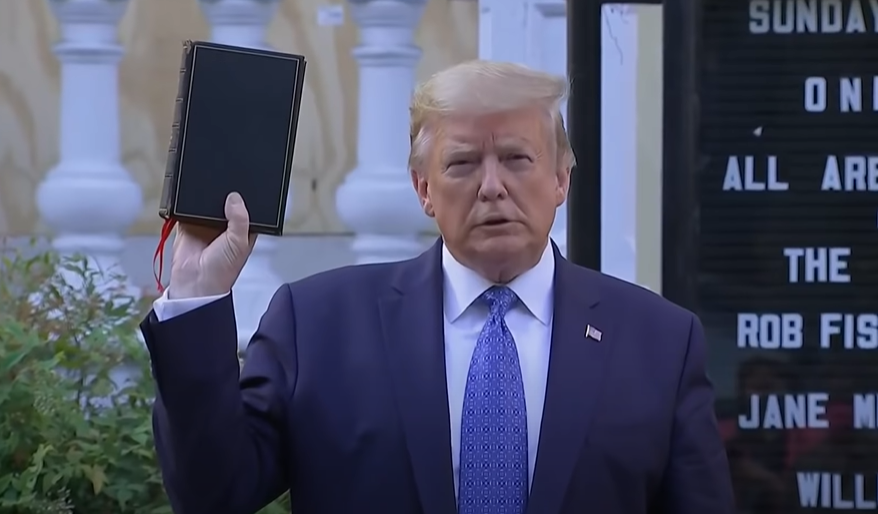At Trump’s Upcoming Hush-Money Trial, Jury Selection Will Be the Key

There will undoubtedly be massive national and even international media coverage of the dramatic events, such as the opening statements, direct testimony, cross-examination and summations, of Donald Trump’s 34-count felony trial slated to commence in Manhattan next Monday. By the time the dramatic events take place, the single most important event in the case will already have occurred: jury selection. Although jury selectin does not contain much drama, trial attorneys will tell you: same evidence, same lawyers, same judge, different juries – different results. The composition of the jury in a high-profile case like Trump’s is the single greatest variable in the criminal justice process.
My experience has been that although trial lawyers recognize how critical jury selection is, it is the trial skill that we have the least control over because jury selection moves rather quickly, and we only learn a small amount of information about each juror. Juries make decisions based upon impressions of the proofs, and not a computer-like analysis of the facts. Sometimes, impressions of the proofs are based upon a jury’s impressions of the attorneys in the case, as the attorneys are the conduits of the facts.
Unlike the O.J. Simpson trial where the jury was sequestered or separated from their families and the public for the entire trial, there has been no mention by Justice Juan Merchan or counsel for either side of sequestering the jury during the trial of Trump. The trial judge may impose a partial sequestration where the jury meets outside the courthouse and will be escorted in and out of the courthouse by court personnel to avoid any contact with outside parties. According to news reports, the jurors will be anonymous to the public in that their names will not be made known, but counsel in the court will know their names.
News reports indicate that all jurors in the initial pool will be required to answer an extensive questionnaire about their backgrounds, knowledge and opinion of the case, and whether they have any personal financial or lifestyle hardships (such as caretaker duties for loved ones) which would preclude them from serving on the jury. However, a juror will not be excused merely because he or she has knowledge of or even an opinion about Trump’s case. The ultimate question will be whether or not the juror can put the knowledge and opinion aside and approach the case with an open mind so that a verdict will be rendered based only on the evidence presented in the courtroom. When a juror is excused because of potential bias or hardship that is usually considered to be a “challenge for cause.”
Aside from a challenge for cause granted by the court, counsel for both sides will have a certain number of preemptory challenges which they can exercise for any reason other than racial, gender or related bias. The attorneys will probably have conducted one or more mock trials as to the critical issues of the case and will surely construct a profile of the type of individuals most likely to be sympathetic or hostile to their positions at trial. Actually, the term “jury selection” is a misnomer because what really happens when the jury is picked is that both sides try to eliminate the hostile juror who they believe will not have an open mind towards the case. The process should really be called “jury deselection.” If a lawyer likes a juror, the lawyer cannot pick the juror and put him or her aside, like in a shopping cart. All the attorney can do is strike a juror, and the only time that the attorney actually selects a juror is when both sides say that the jury is satisfactory and all jury selection stops.
The prosecution’s case will be straightforward. It will argue that Donald Trump directed the hush-money payments to Stormy Daniels shortly before the November 2016 election, and then after the election caused false business records to be created in his company to cover up the payments and reimburse Michael Cohen. I suspect that the defense will argue that the elements of the crime have not been proven beyond a reasonable doubt; that even if false business records were created, it was only a misdemeanor offense because it was not done in furtherance of another felony; and that Donald Trump is a victim in this case—a victim of Stormy Daniels and Karen McDougal, who were trying to extort him; a victim of Michael Cohen, who was trying to exact revenge against Donald Trump for his prior prosecution; a victim of financial mistakes made by Allen Weisselberg; and a victim of an ambitious prosecutor named Alvin Bragg, who is trying to further his career by this witch-hunt prosecution.
As can be seen, which narrative of the facts is accepted will depend very much on the make-up of the jury. The frustrating thing about jury selection is that attorneys only know whether or not they did a good job at the end of the case, when the jury returns a verdict.
Veteran defense attorney Joe Hayden serves as InsiderNJ’s legal advisor.









Leave a Reply